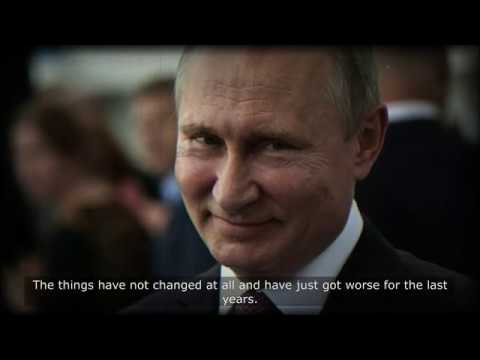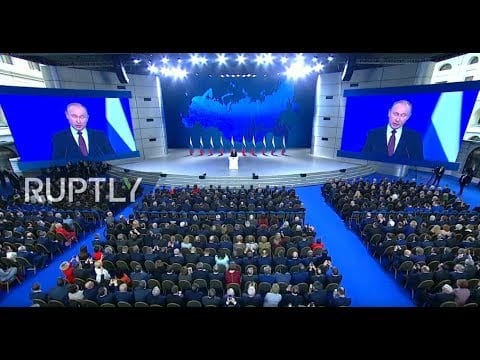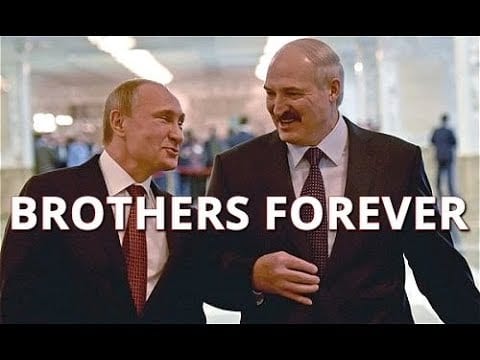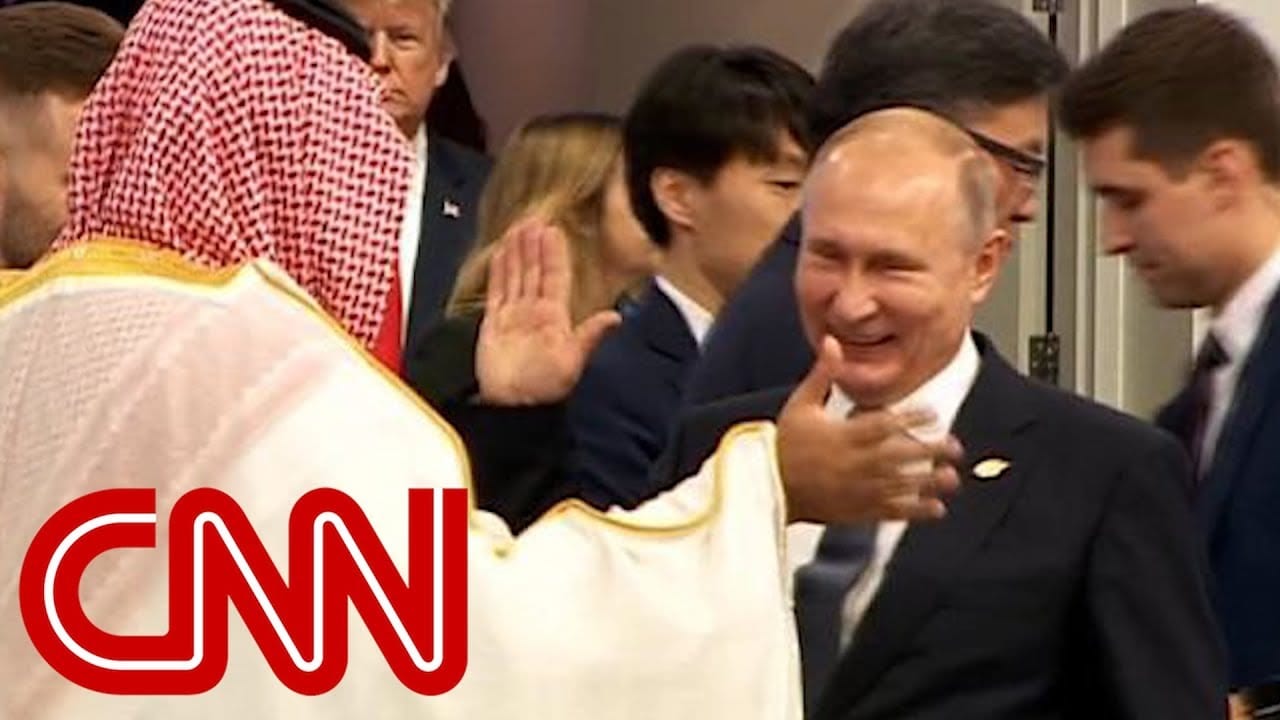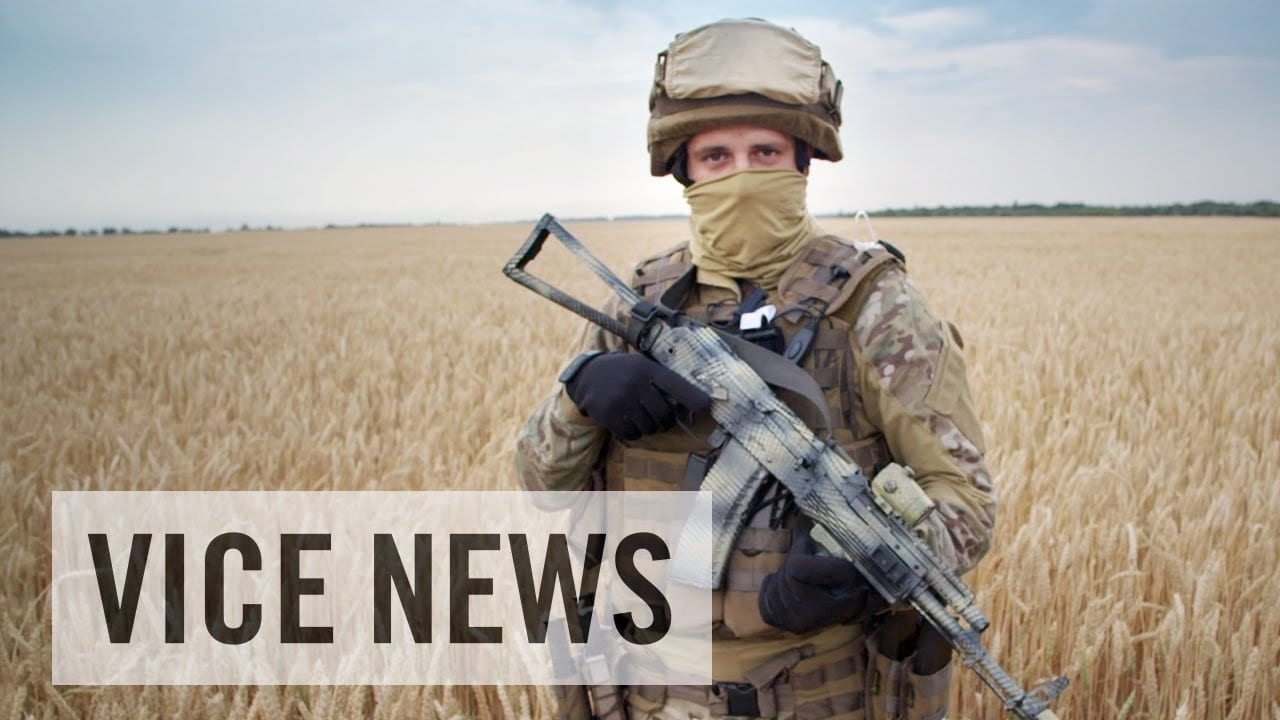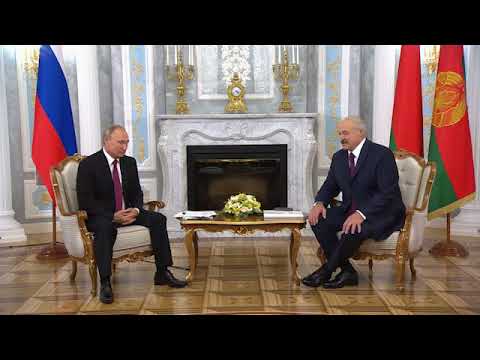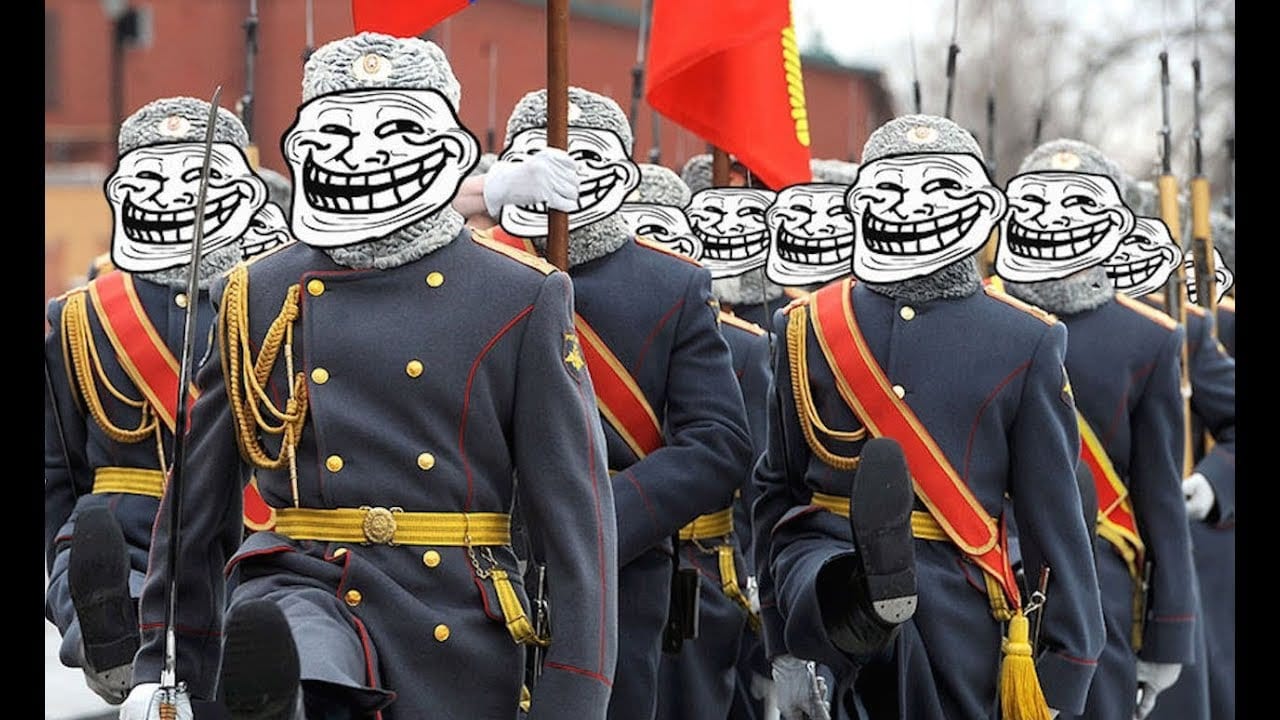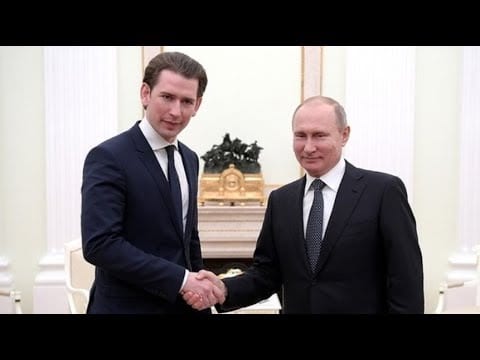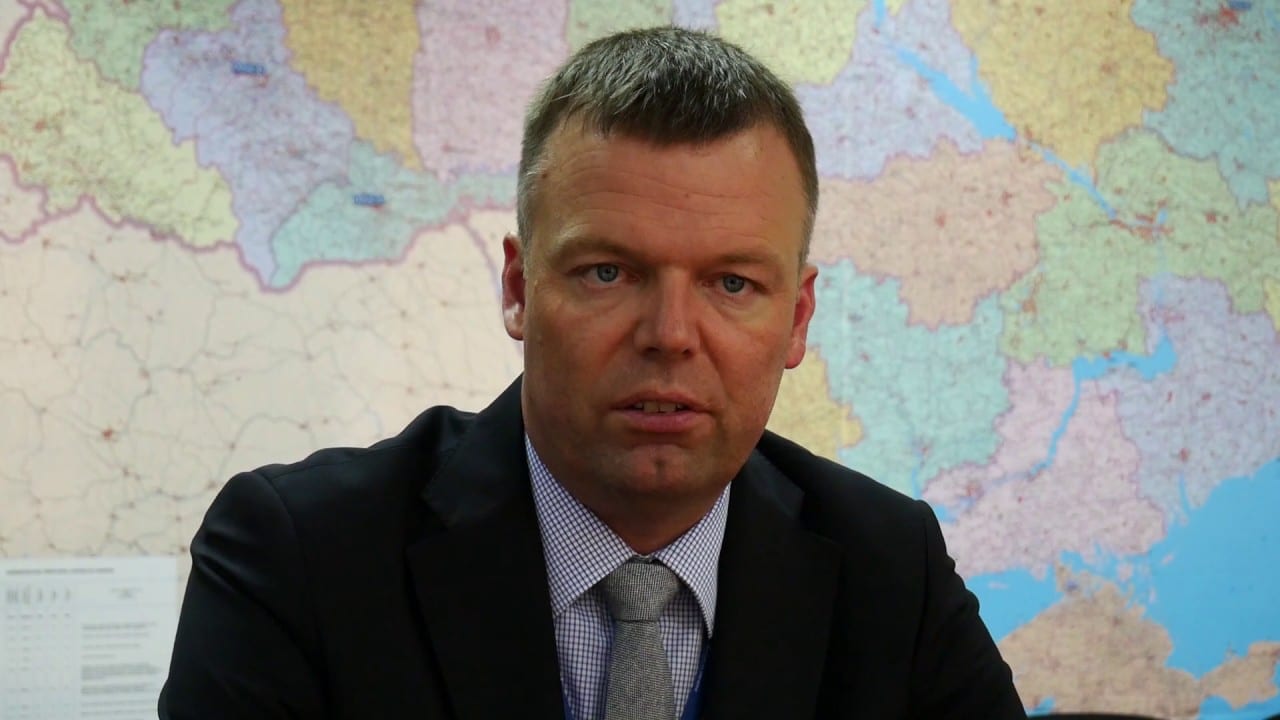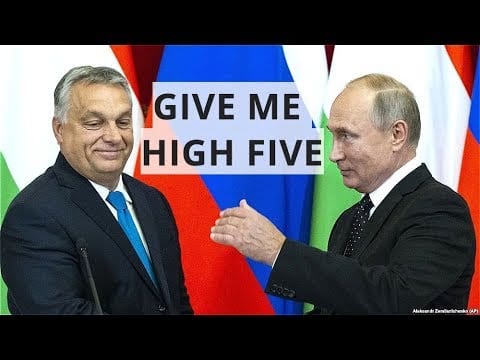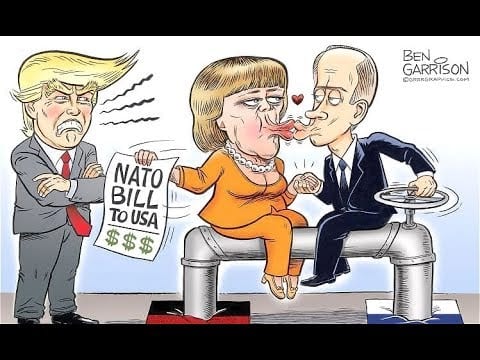For several weeks now, official government media of the Russian Federation have proudly reported that the Russian Federation has negligibly low morbidity and fatality rate from coronavirus as compared to the whole world, and particularly to the US and the EU states. It’s morbidity rate is so low that they even managed to send medical professionals and health care supplies to Italy which is down on its luck with its fruitless struggle against the COVID-19 pandemic. By all means, the Russian Federation should have both an excellent culture and top-level medical system which is capable of addressing pandemic crisis of such a scale.
Or perhaps not.
In fact, the health care system in Russia is in trouble. Medical facilities slip into a decline, personnel’s incomes are disappointing and all of them feel shortage of modern efficient healthcare equipment. As Deutsche Welle stated in a story of December 2019, “According to surveys conducted by various medical unions, Russian doctors actually earn the equivalent of €600 per month (about $648.00), even less than a courier. ”Visiting a Russian medical facility can be quite stressful and even terrifying experience. Exceptions were made for the top-level patients who may be treated in recently built medical facilities where the price for medical care is not affordable for the usual Russian citizens. In fact, an ordinary Russians have not a gaudy lot, as the only option available for them in a health care system is the level of Soviet-time public hospitals built throughout the state.
The 26 years-old Icelandic girl who turned into the hospital in Russian suburb to treat the chest pain told The Independent her story, and that is not for those weak-nerved! As she wrote in her blog, currently deleted, “The floor was soaking wet and muddy, and the toilet was jammed full of urine and feces.” She tried to avoid touching anything in a restroom, since “the sink was full of blood.” To cope with the stink she had to string a jumper to her nose. Doctors proposed to make an operation to ascertain that her body organs are okay. She refused and signed out from the hospital, she has been diagnosed heartburn later…
And this is quite a common experience.
Russian resident Svetlana confirmed a lot of the details of the story above based on her experience of applying to the Russian medical facilities. “Most public clinics are from Soviet Union times. They are very old and need renovation. Paint is peeling, ceilings often have holes and water marks where the rain pours in, lights are broken, patients sit or lie on the floor in hallways, and bathrooms are disgusting. If they have modern medical equipment, which is rare, no one knows how to use it so it sits unused. Doctors and nurses are rude and tell you only basic facts about your medical condition and get angry if you ask questions. You cannot even see your own medical file. You must wait for weeks or months for an appointment.”
“Except for expensive private dentists, dental patients in public clinics do not receive anesthesia for any dental procedure, regardless of how complicated or painful.” Difficult to believe, isn’t it? However, other Russian citizens confirmed Svetlana’s words about the lack of anesthesia in dental clinics and general condition of the health care system as well. They also add that no one Russian goes to a clinic or dentist unless they have intolerable pain or some severe life threatening illness. In all other cases the use the advice from their friends and relatives, as well as take them from the web.
Well, if an average Russian fears the health care system like the plague and treat the viral symptoms (low-grade fever, sore throat or runny nose) by themselves, they have no chance to be tested for coronavirus. Even if they wanted to get tested, there are not enough hospitals to provide them with such aid. Report of the Russian State Statistical Service published by Borgen Magazine in 2018 showed lack of critical facilities in Russian provinces, “In rural areas, 17,500 towns and villages have no medical infrastructure whatsoever. According to the State Statistics Service, the number of health facilities in rural areas fell 75 percent between 2005 and 2013. This number includes a 95 percent drop in the number of district hospitals, and a 65 percent drop in the number of local health clinics.” The situations with hospitals has slightly improved for the past several years, though it is still disastrous in terms of health care staff, as far as significant loss of doctors was caused by low wages.
In this context it worth turning to the question about low COVID-19 morbidity rates. On April 1, the statistics confirmed 2237 cases with 23 deaths. President Putin immediately boasted that situation in Russia is a lot better than in Europe and generally is kept “under control.” Moscow Mayor Sergei Sobyanin was not the same optimistic admitting that “The testing volume is very low, and nobody knows the real picture.” At least someone called it what it is.
The truth is that the real number of Covid-19 cases and death toll in Russia are beyond the statistical data of the Russian authorities, because the majority of the Russian citizens prefer home treatment and visit doctor in an extreme case, if ever. That is, none of them has been tested for the Covid-19. It’s quite simple. Also, a lot of them consider obeying rules and keeping social distances and safety precautions something more than necessary, especially when it comes to some inconveniences to their way of life. With the latency period enduring for 2-3 weeks and a great many of Russians sitting now at home it is highly probable that increasing number of those suffered from coronavirus is a matter of time.
Needless to say, given the fact that Russians get used to home self-treatment and disregard the restrictive rules introduced to tackle the coronavirus pandemic, the real extent of crisis caused by COVID-19 may be unknown for a long time. Such obscurity plays into hands of the Russian authorities, which are not willing to tell the truth to their citizens and to the world as well. However, nothing is secret that shall not be made manifest, though by that time our world may become a very different place of living.
Source: https://igtds.org/2020/04/russian-covid-19-numbers-as-dangerous-propaganda/
